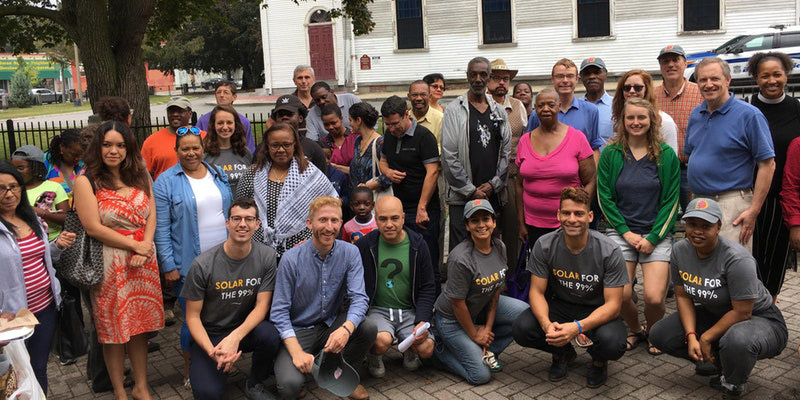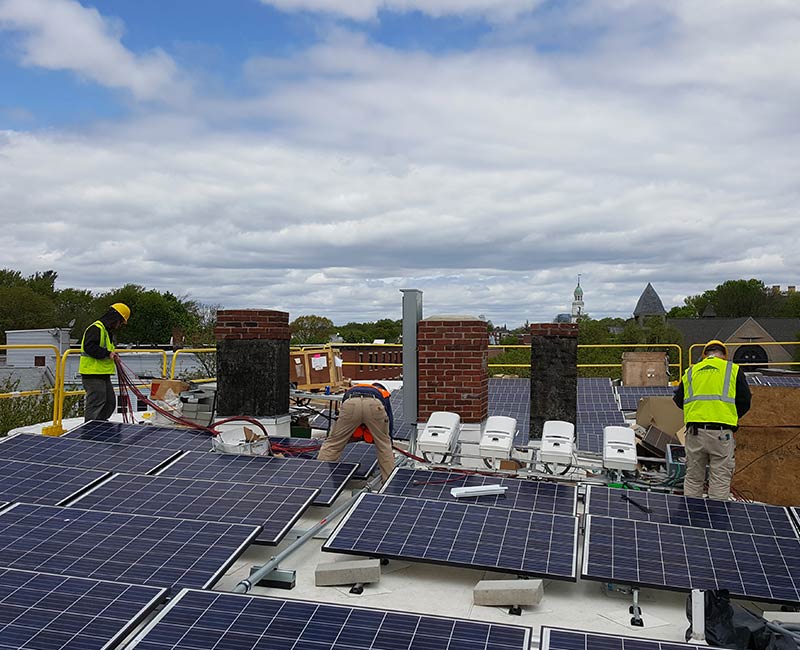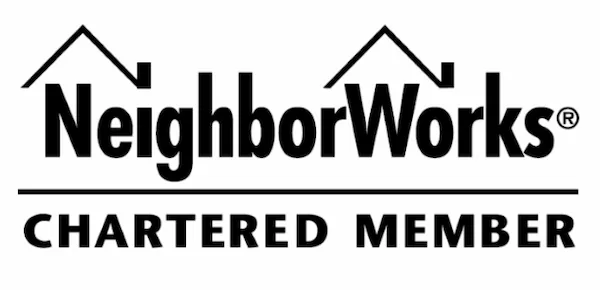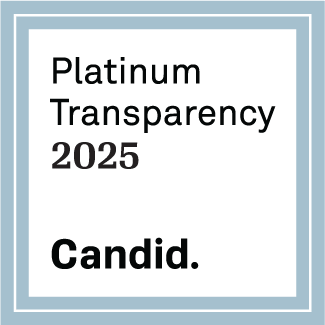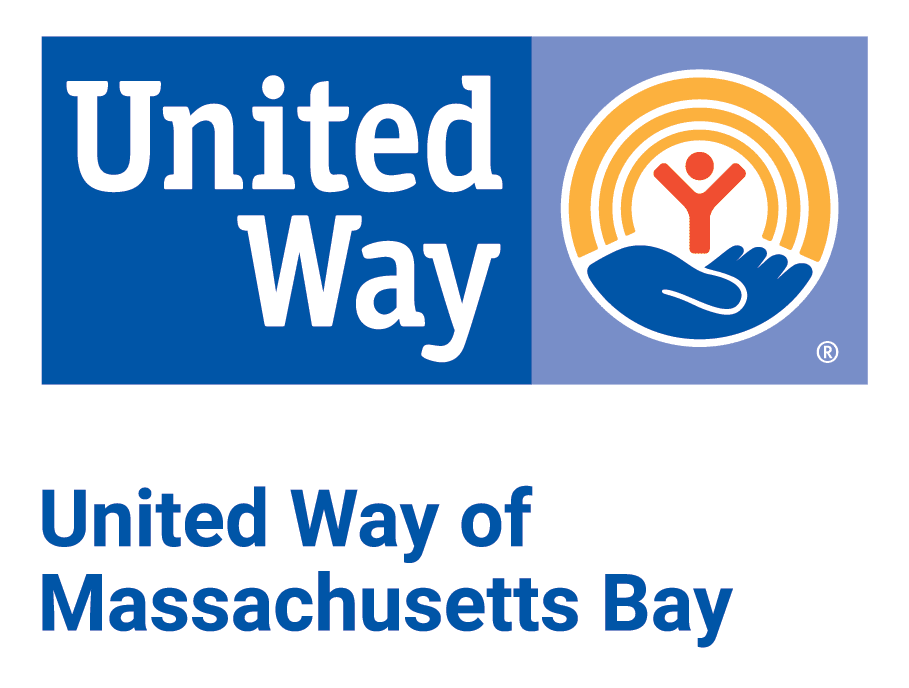Minimizing Our Collective Impact on the Environment
There are so many little things that each of us can do to lessen our impact on the environment and sustain our world for future generations. CSNDC is taking an active role in leading these efforts in the Codman Square neighborhood.
Climate Justice Alliance
CSNDC’s Climate Justice Alliance is a community-based initiative dedicated to empowering residents and community members with knowledge and resources to address pressing environmental and climate issues. Through education, advocacy, and community engagement, the program aims to foster a sense of environmental stewardship and resilience within the Codman Square neighborhood and beyond.
Program Activities:
- Community Workshops and Events: Hosting educational workshops, seminars, and community events to raise awareness and facilitate dialogue on environmental and climate issues. These events cover topics such as energy efficiency, waste reduction, green infrastructure, and environmental justice.
- Policy Advocacy: Collaborating with local policymakers, advocacy groups, and community leaders to advocate for policies that address climate change, promote environmental justice, and support sustainable development in Codman Square and beyond.
- Green Infrastructure Projects: Implementing green infrastructure projects such as community gardens, urban tree planting initiatives, and stormwater management systems to improve environmental quality, enhance resilience, and beautify the neighborhood.
- Partnership Building: Establishing partnerships with local businesses, schools, faith-based organizations, and other stakeholders to leverage resources and expertise in support of climate justice initiatives.
Impact and Outcomes:
- Increased awareness and understanding of environmental and climate issues among community members and residents.
- Empowerment of individuals and communities to take meaningful action to address climate change and promote environmental justice.
- Implementation of policies and initiatives that support climate resilience, sustainability, and equity in Codman Square and surrounding neighborhoods.
- Creation of a more resilient, environmentally sustainable, and socially just community that can thrive in the face of climate-related challenges.
Overall, CSNDC’s Climate Justice Alliance is committed to building a more resilient and equitable future for Codman Square and beyond, where all individuals and communities can thrive in harmony with the natural environment.
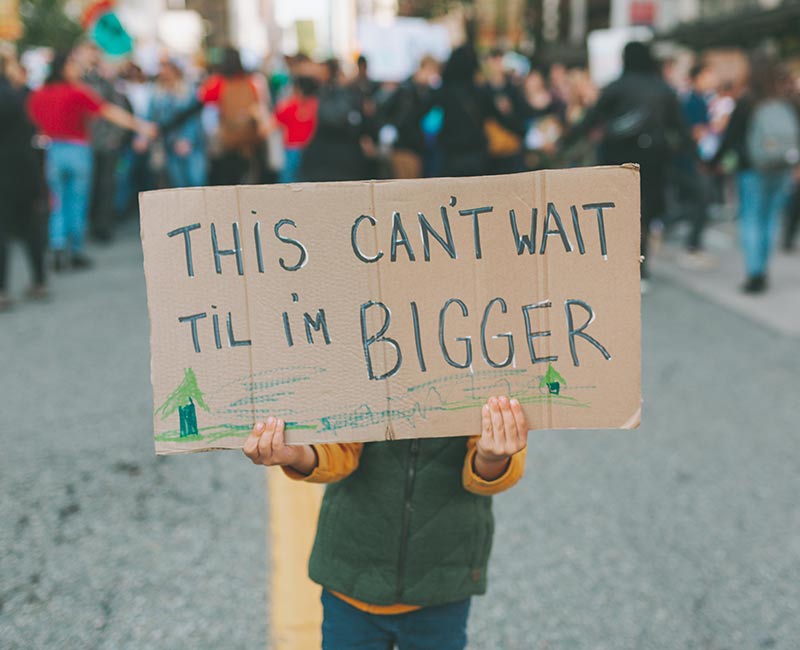
Energy Ambassadors

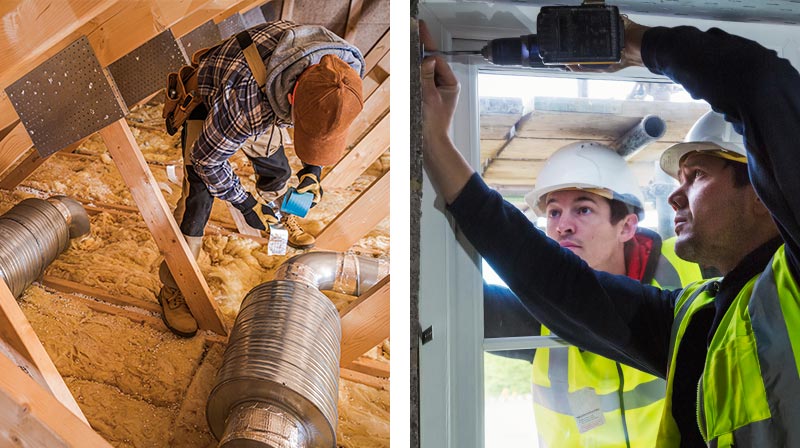
The Energy Ambassador Program, initiated by CSNDC is a dynamic community engagement initiative designed to empower residents and community members to take an active role in shaping the energy future of Codman Square and surrounding neighborhoods. Through education, training, and grassroots advocacy, this program aims to activate individuals as ambassadors for energy efficiency, renewable energy adoption, and sustainability within their own communities.
Mission and Objectives:
- Educate and empower residents and community members to become informed advocates for energy efficiency, environmental justice, and sustainability initiatives. Foster a sense of ownership and agency among participants, enabling them to actively participate in civic engagement efforts related to energy and environmental issues.
- Build a grassroots leader network who can mobilize their communities to act on energy-related challenges and opportunities. Promote equitable access to clean energy resources and environmental benefits for all residents of Codman Square and neighboring communities.
Program Components:
- Training and Capacity Building: Participants receive comprehensive training on energy conservation, renewable energy technologies, energy policy, and community organizing strategies. Workshops and educational sessions cover topics such as energy efficiency upgrades, solar energy installation, energy justice, and advocacy skills development.
- Community Engagement and Outreach: Ambassadors are tasked with engaging their neighbors and community members through outreach activities such as door-to-door canvassing, community meetings, informational sessions, and social media campaigns. They serve as trusted resources for energy-related information and resources within their respective neighborhoods.
- Civic Engagement and Advocacy: Ambassadors play an active role in advocating for policies and initiatives that promote energy equity, environmental justice, and sustainability at the local, state, and national levels. They collaborate with CSNDC staff, community organizations, and elected officials to advance shared goals and priorities.
- Project Implementation and Action: Ambassadors lead, and support community-led projects and initiatives aimed at reducing energy consumption, increasing renewable energy adoption, and improving environmental quality in Codman Square and nearby areas. These projects may include energy audits, weatherization efforts, community solar installations, tree planting campaigns, and other sustainability initiatives.
- Impact and Outcomes: Increased awareness and understanding of energy issues and opportunities among residents and community members in Codman Square and surrounding neighborhoods.
- Empowerment of individuals to take meaningful action to reduce energy consumption, promote renewable energy, and advocate for equitable energy policies and practices.
- Strengthened social cohesion and community resilience through collective action and collaboration on energy-related projects and initiatives.
- Enhanced capacity for civic engagement and grassroots leadership among program participants, leading to long-term positive impacts on local energy systems and environmental sustainability.
Through the Energy Ambassador Program, the Codman Square Neighborhood Development Corporation aims to harness the collective power of residents and
community members to create a more sustainable, equitable, and resilient environmental future for all. By activating and mobilizing grassroots leaders, this
program empowers communities to drive positive change and shape their own destiny.
Solar Energy
The Eco-Innovation District (EID) is working with a local partner—Resonant Energy—to get solar installed on the rooftops of local residents and businesses. Home or business owners, at reduced or no upfront costs, can either own the solar panels installed on their properties, outright, or lease their roof in exchange for a reduced electricity rate (of as much as 20%). Either option can result in significant savings on electricity bills, that more than make up for any costs.
Additionally, CSNDC formally committed to reducing total energy usage in our properties when we entered the U.S. Housing and Urban Development’s (HUD) Better Buildings Challenge. In 2015, we set a goal to reduce our energy consumption by 20% within ten years. As of spring 2020, about halfway through the decade, we have already reduced our paid electric and gas utilities by 17.5% putting us on track to reach our goal.
Near the end of 2017, CSNDC completed a massive solar installation on most of our major buildings. Solar panels now power and serve the largest six of CSNDC’s 19 properties, generating clean solar power for the buildings of nearly half of our residents. It produces on average 558,000 kWh of electricity. This is the equivalent to the carbon reduction of 515 acres of full-grown forest, or the elimination of 434,661 pounds of coal burned annually. Our rooftop solar installations improve the local air quality by reducing pollution and greenhouse gas.
The next step is to identify a viable battery storage plan, so we can more reliably and ambitiously store and distribute power. Working with the Eco-Innovation team at CSNDC, we also are designing a Solar Education Program and a Community Shared Solar program. These extensions of our conversion to solar will promote solar in the community and create clean energy options for local residents and property owners.


